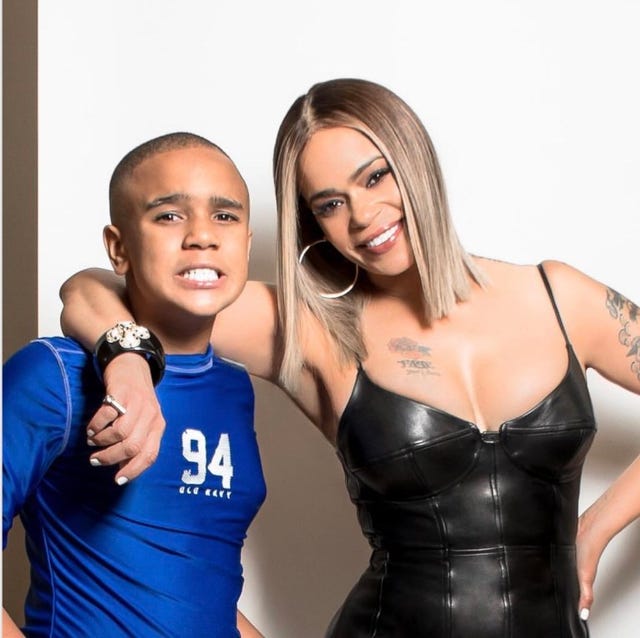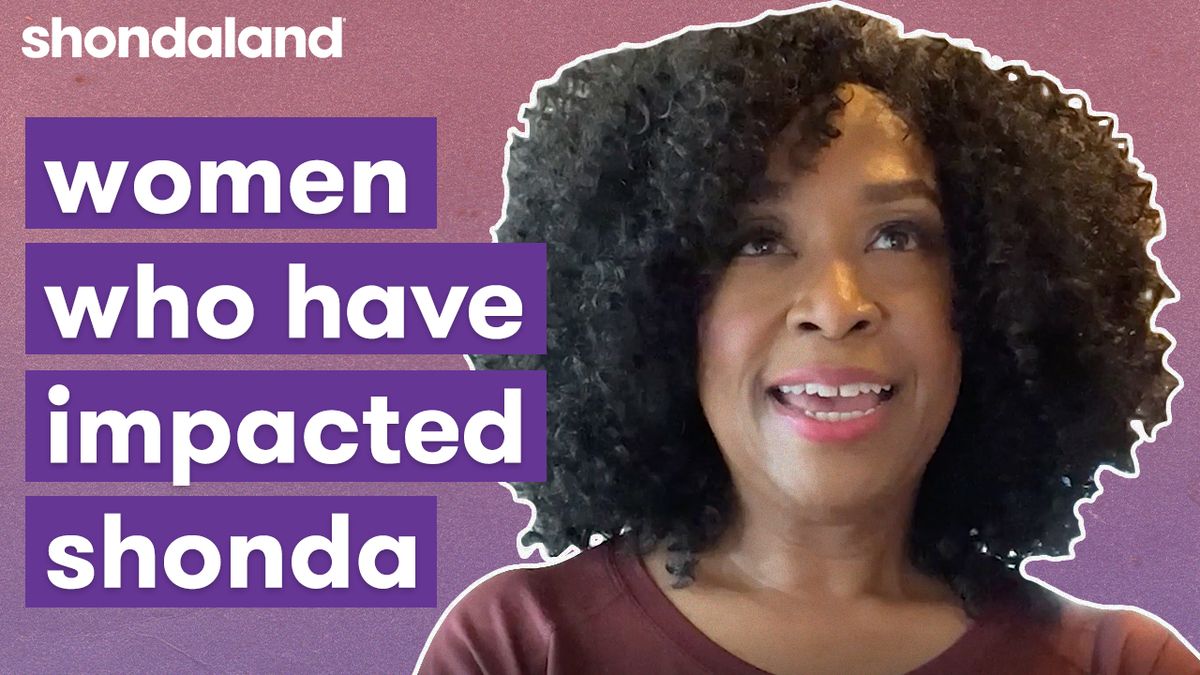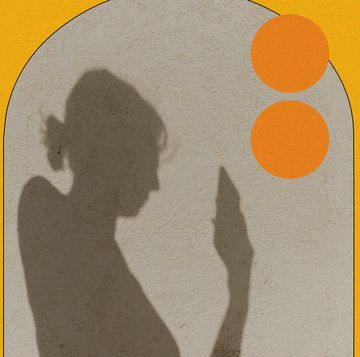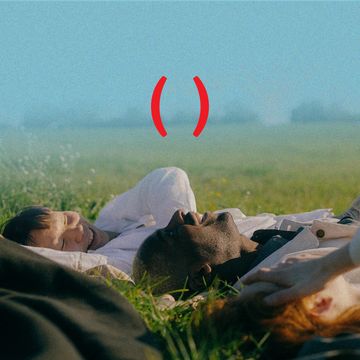Faith Evans’ son Ryder is just 13 years old, but since he was little, the Grammy-winning Evans has been battling the Los Angeles Unified School District to ensure that he receives a proper education. And now she’s planning on joining forces with other parents of autistic children to shed light on the school district’s lack of preparedness when it comes to the services they provide children with autism, particularly during the pandemic.
When Ryder was three years old, Evans knew that something was going on with his development, but doctors weren’t exactly trying to listen to her concerns.
“I had to beg his pediatrician to give him a diagnosis. He wanted me to wait and said all kids are different. But I had three older kids, and I knew my son should have been talking,” Evans tells Shondaland. “I begged him to give us a diagnosis, because I felt something was wrong, and in order to take advantage of the early intervention and support that is available through the regional center, I needed a diagnosis at the age of three for early intervention.”
According to the American Academy of Pediatrics, developmental screenings of children should start at nine, 18 and 30 months and screening for autism at ages 18 and 24 months, which makes Evans’ request for her son’s doctor at the time nothing out of the ordinary. But when it comes to doctors actually listening and taking parents, especially Black parents, seriously, that’s another subject within itself.
When it comes to properly diagnosing Black children with autism, a recent study highlighted the disparities. Using data of 584 Black children, the study found that, on average, a Black child didn’t receive a diagnosis until they were about five years old, and it took more than three years to receive a diagnosis after a parent expressed issues about their child’s development.
While waiting for an official diagnosis, Evans did everything she could do to ensure Ryder’s developmental success by paying out of pocket for speech and occupational therapy because she knew he should have already been verbal by the age of three. Evans’ first advocates weren’t doctors or even the Los Angeles Unified School District, but a fellow parent of an autistic child. Evans found programs and schools for her son through parents in similar situations, but ultimately, she felt the school district wasn’t equipped to handle her son’s needs. Luckily for Evans, she came across a woman who would eventually become Ryder’s behaviorist, and for the last seven years, she’s been guiding Ryder with his academics and therapy.
Now that Ryder is 13, Evans has a few concerns about his education, and only wants to see him receive the help he needs. But as the pandemic has raged on, and LAUSD has been hosting classes virtually since March 2020, Evans says her son has received very little support from the school district.
“The simplest way to put it, is that the schools are understaffed, but they’re not going to say that,” she says. Evans recounted several incidents where her son was mistreated by staff members who were supposed to have his best interest in mind.
“The last school I pulled him out, I saw a behaviorist mishandling him. Then there was the time in the same school where they had him blocked into a wall behind a desk. He had to go to the bathroom, and he went over the desk, and he pushed the teacher aside, and they suspended him,” Evans says. She eventually pulled Ryder out of the school, and filed a due process complaint against LAUSD.
Advocating for others
Even while still navigating parenting a child with autism, Evans realizes the importance of being able to connect with other parents and people learning about the condition, which led her to form Ryder’s Room Inc. with her husband and Ryder’s stepfather, Stevie J. The foundation not only works to advocate for autism awareness, but it also provides resources for other families trying to figure how best to help their autistic child on their own.
“Stevie said I really needed to do it, because this is what we’re living,” says Evans. “I want to raise funds to be able to donate it to families who may be in need. We started doing YouTube symposiums to help people who may not have the resources or idea where to go.”
Evans says tons of families have reached out to her, and she sponsors families to get Individualized Education Program (IEP) consultations. She also says she receives a lot of emails from families who are just looking to speak to others in similar situations.
In addition to Ryder’s Room, Evans and her son's behaviorist, Maliaka Mitchell, hold a weekly symposium called “Good Deeds for Special Needs” via her YouTube channel where they both discuss everything from navigating schools and other resources available to parents of autistic kids. During each program, they try to answer as many questions as they can from live viewers, who are also seeking information.
If hosting symposiums and running an autism awareness organization weren’t enough, Evans is also about to begin filming a documentary about the trials and tribulations of navigating the Los Angeles school system. The untitled documentary will incorporate other parents from all walks of life who’ve also had issues ensuring their children have everything they need to succeed.
“I want to create something that will be out there forever. So everyone can have access to it,” says Evans. “I want to be able to frame the symposiums a different way. I want to be able to have professionals, teachers on it, so they can talk. I want perspectives from different professionals, as well as parents who are living and going through it.”
As an autism advocate, Evans knows from first hand experience how people may treat children who are on the spectrum differently, but she wants them to know it takes patience to have understanding and realize that they’re still part of the world.
And for her own son, she knows the future she wants for him. “I want my son to have the same quality of life as any other child his age.”
Yesha Callahan is an award-winning journalist covering the intersection of news, culture, and entertainment. Follow her on Twitter @YeshaCallahan.
Get Shondaland directly in your inbox: SUBSCRIBE TODAY














